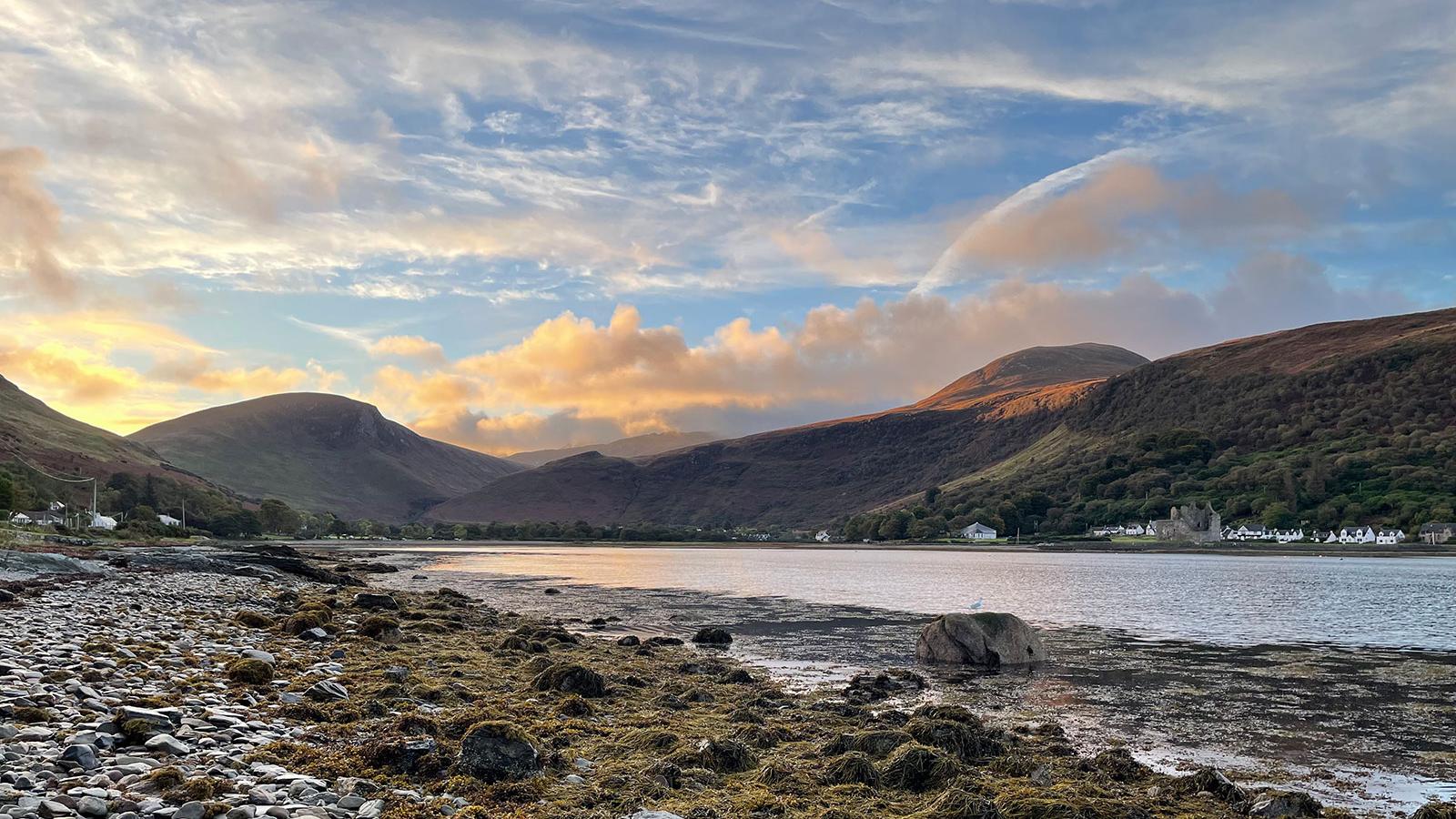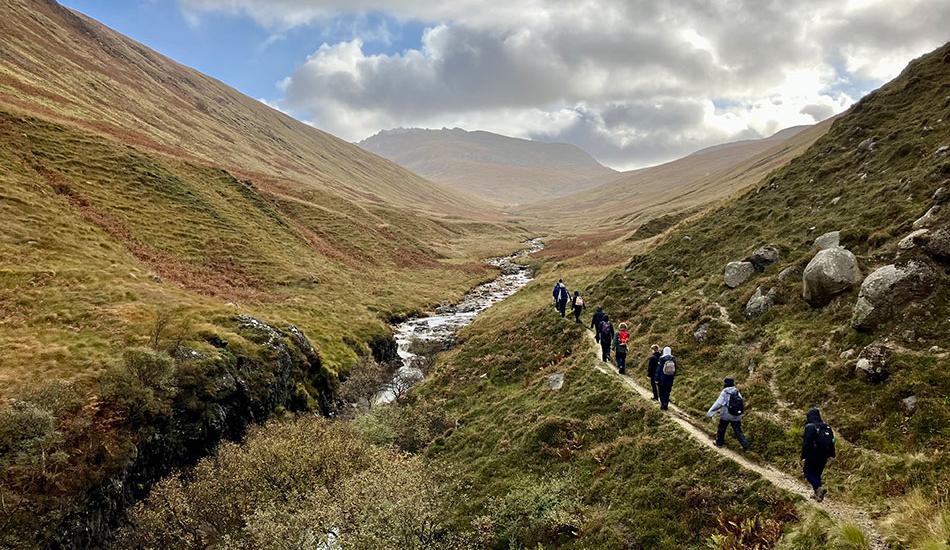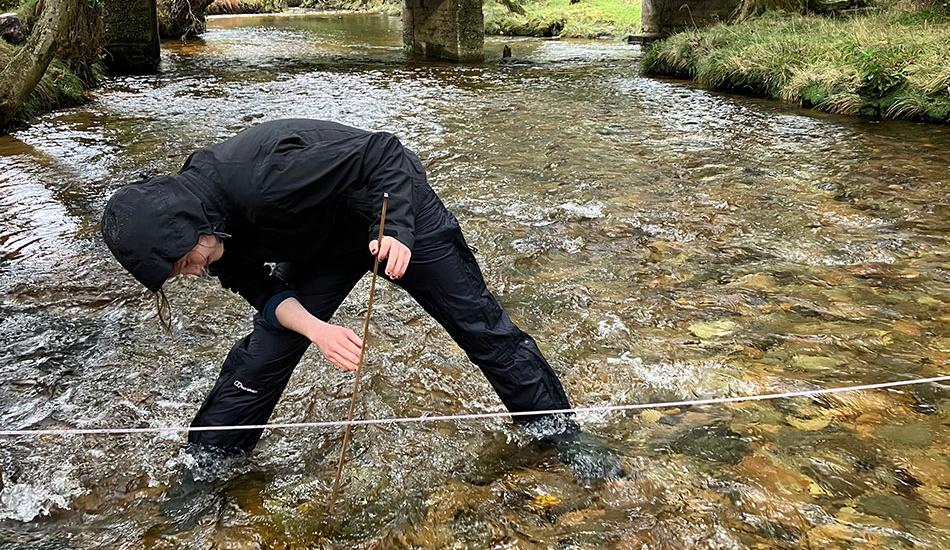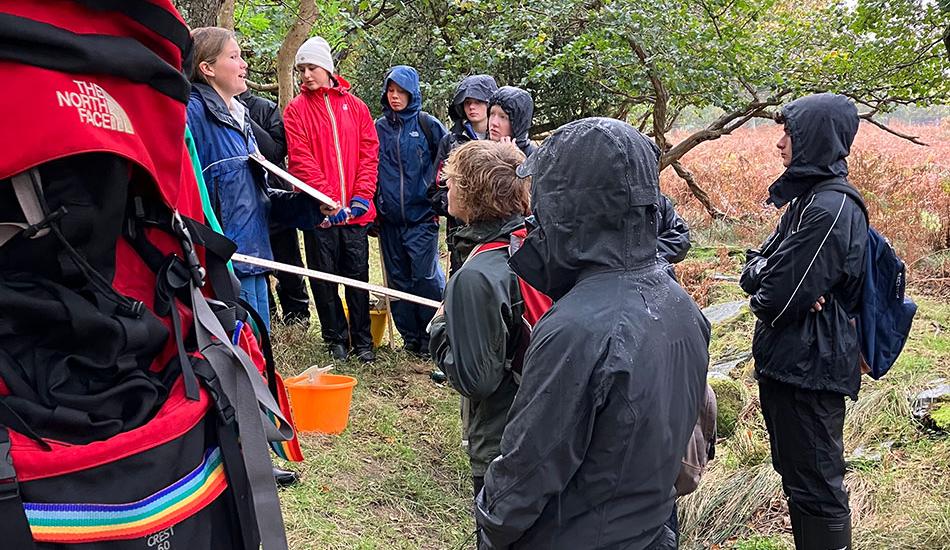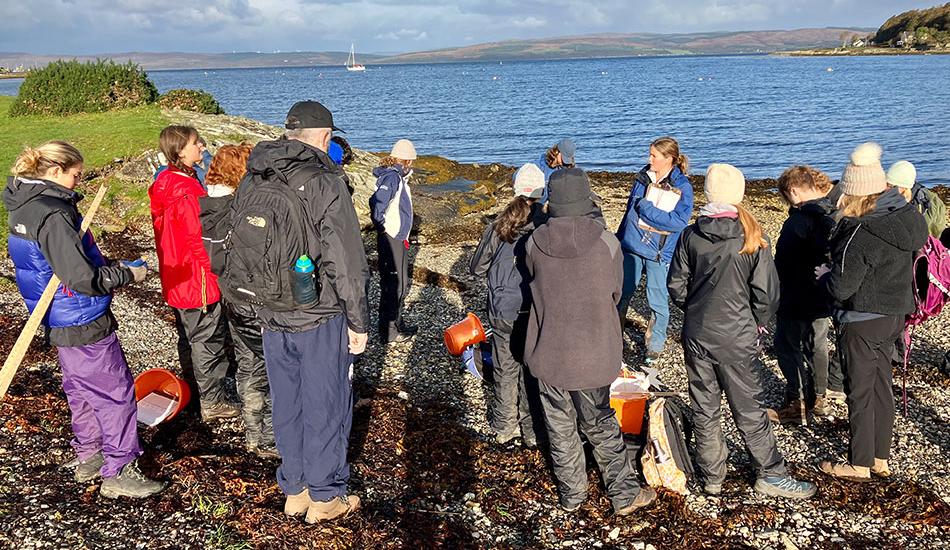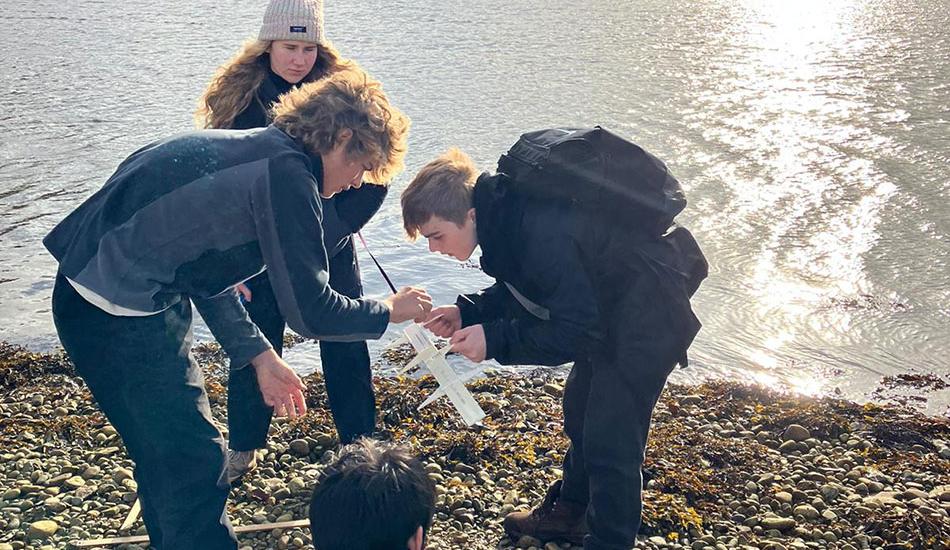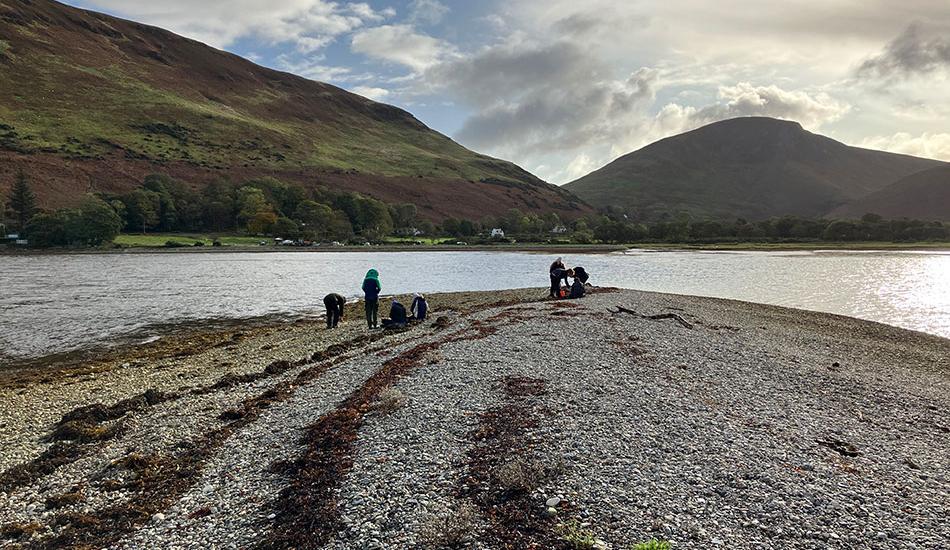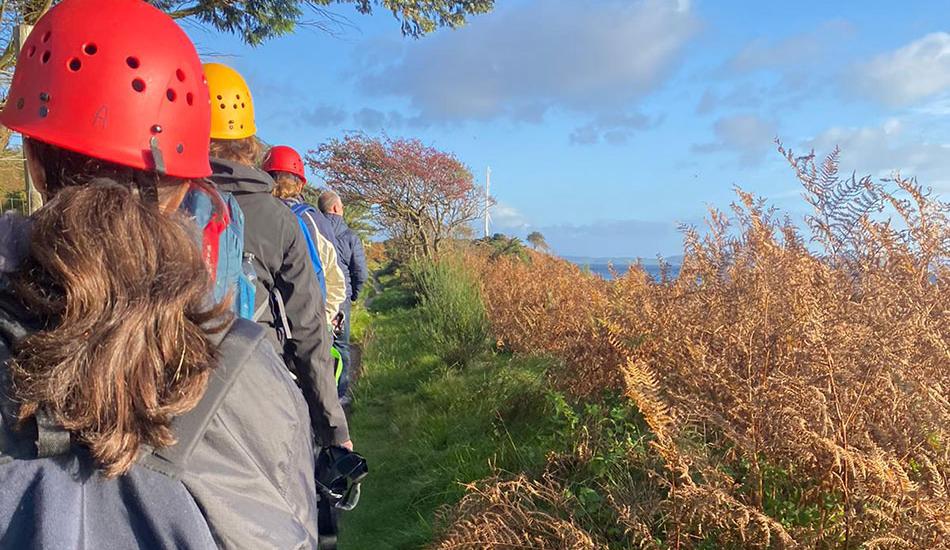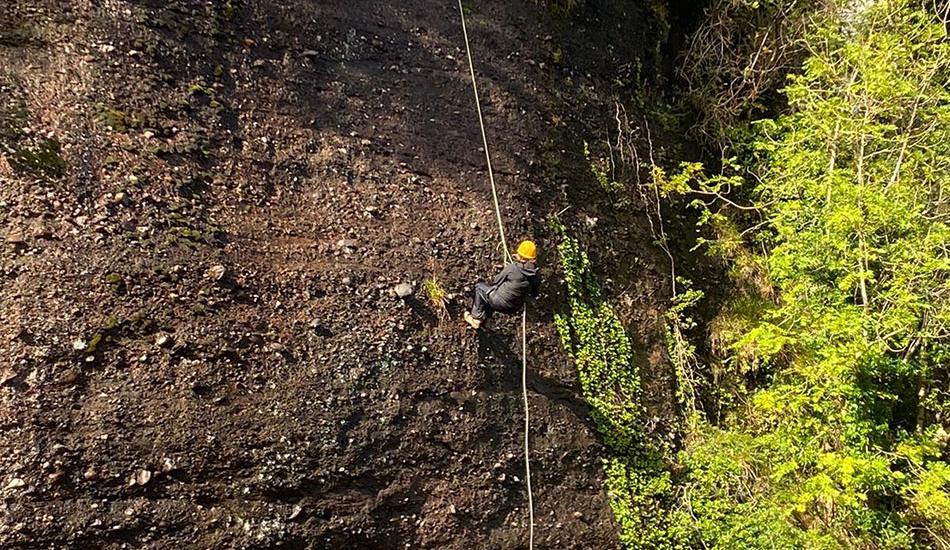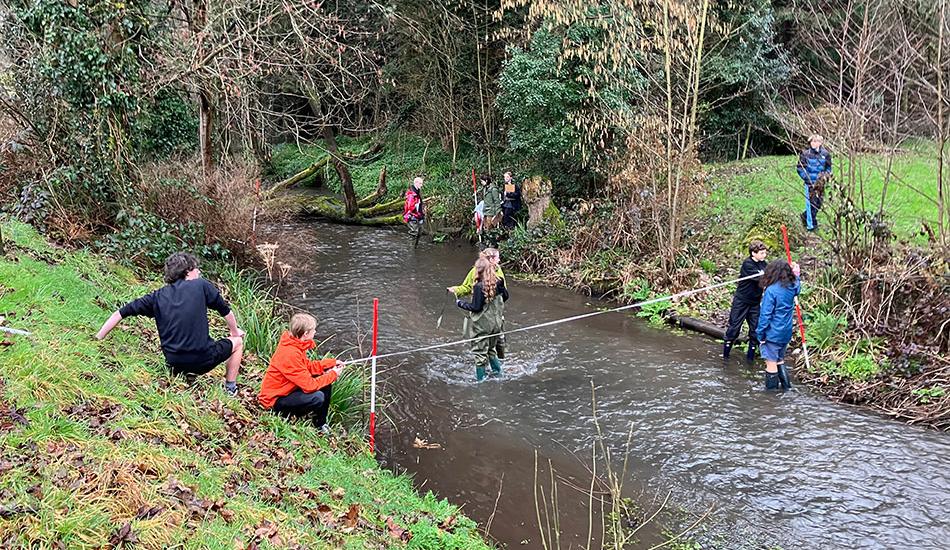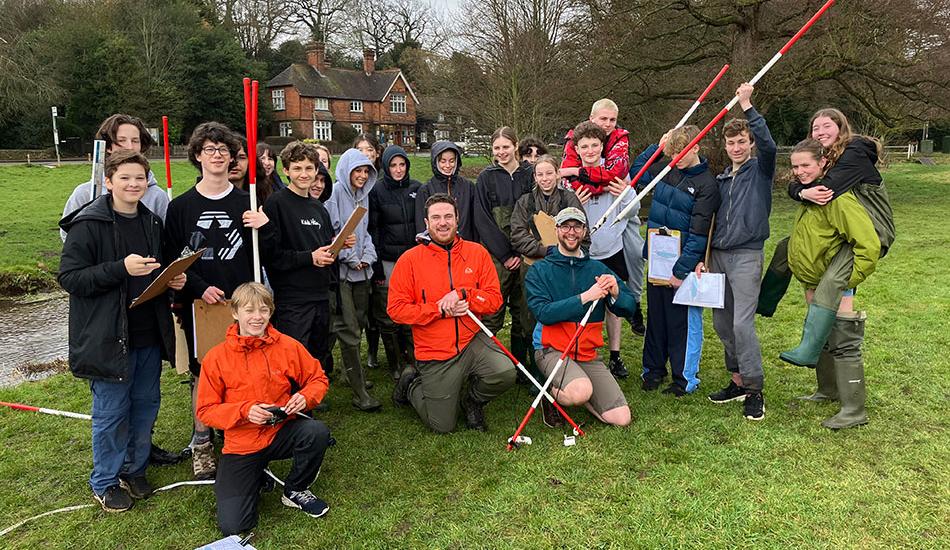Geography is the subject that underpins our understanding of the world, its peoples, places, landscapes and environments.
If we fail to understand and manage the world and its resources in a sustainable way, then the human race itself will ultimately falter. We are in a new age - the Anthropocene - the first age when the world as a whole is dominated by one species, humankind.
Geography is unlike any other subject in that it bridges the sciences and humanities. Students might one day find themselves managing large datasets and applying statistical techniques to explore the difference between correlation and causation whilst on another occasion be perfecting the nuances of their arguments to persuade the reader of whose responsibility it is to tackle global inequality.
- Block 3 (Year 9)
- Blocks 4 and 5 (Years 10 and 11)
- Sixth Form
The Block 3 Geography curriculum will begin in the Autumn term with a focus on the key global processes that shape both our physical and human world.
Moving into the Spring term, we will align with the other humanities subjects to understand World War I from a geographical and geographers' point of view. We will also consider the broader concept of the ‘power of geography’ in our modern world.
Finally, in the Summer term, alongside the Bedales Humanities Research Project, the students will develop key geographical fieldwork skills by utilising the environment and community we have here at Bedales to understand geography in action.
BAC Geography
The Geography Bedales Assessed Course (BAC) curriculum in founded on five complementary core concepts. These concepts are: the Lithosphere (the rigid, outermost shell of the Earth); the Biosphere (the ecosystems and life on Earth); the Hydrosphere (the water on, under and over the Earth); the Atmosphere (the gases that surround the Earth); and the Anthroposphere (the part of the environment that is made or modified by humans for use in human activities and human habitats).
Geography is unlike any other subject in that it bridges the sciences and humanities. Students might one day find themselves managing large datasets and applying statistical techniques to explore the difference between correlation and causation whilst on another occasion might be perfecting the nuances of their arguments to persuade the reader whose responsibility it is to tackle global inequality.
The Geography BAC curriculum is designed to build towards KS5/A Level study in Geography but is not constrained by this and is designed to be flexible and dynamic like the subject itself. Staff are encouraged to explore in depth where it will benefit students and to use current global events to tie theory with reality. Fieldwork is also an integral element of geographical investigation and students will carry out investigations in both Block 4 (Northern Ireland, with History, PRE and Global Perspectives) and Block 5 (the Isle of Arran, Scotland).
A Level Geography
There has never been a better or more important time to study Geography, with the growing importance of issues such as climate change, migration, environmental degradation, spatial epidemiology and inequalities, Geography is one of the most relevant courses you could choose to study. This is important because students gain a balanced understanding of how the world works, they develop greater empathy for other cultures. The world is dynamic and citizens need to understand the information they obtain from news and social media.
A Level geography allows students to go into greater depth in some key elements previously studied in both BAC and GCSE Geography. It covers both the physical and human environments and the complex interaction of processes that shape our world. It will also, importantly, show the applied side of the subject - How human intervention affects the environment and how people adapt and mitigate the effects of processes on their environment.
There is plenty of room for discussion and extended research, which will help students become an independent thinker and learner. By the time the students get to their exams, they will be able to show their understanding of a range of opinions and be able to illustrate their answers with case studies from local, national and international examples.
The A-Level Geography curriculum at Bedales follows the AQA exam board specification (7037). There are three components in the A-Level Geography course. You will sit two examination papers in total at the end of 6.2 covering material from each of our chosen units:
Component 1: Physical Geography
- Section A: Water and carbon cycles
- Section B: Hot desert systems and landscapes
- Section C: Natural hazards
Components 2: Human geography
- Section A: Global systems and global governance
- Section B: Changing places
- Section C: Population and the environment
Component 3: Geography fieldwork investigation (6.1>6.2)
You must also complete a non-exam assessment (NEA). This is an individual investigation completed by students, which must include data collected in the field. Students formulate their hypothesis/question, collect and then present and analysis data from which they draw conclusions in order to answer their investigation question.
There are many reasons you might decide to study Geography:
- You are interested in pressing global issues and enjoy learning about people and their societies, economies, cultures and the environment.
- You are keen to develop a wide range of skills and apply these to solve real-world problems.
- You are seeking a broad-based subject with options to specialise, offering good and varied employment prospects.
Examining board: AQA
Head of Department: Matt Meyer

